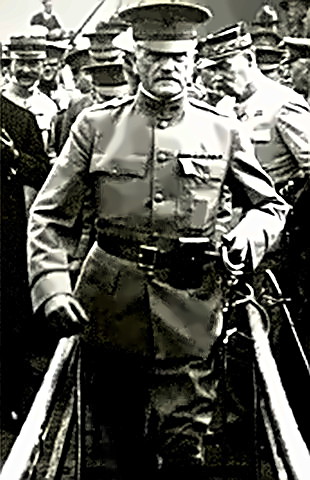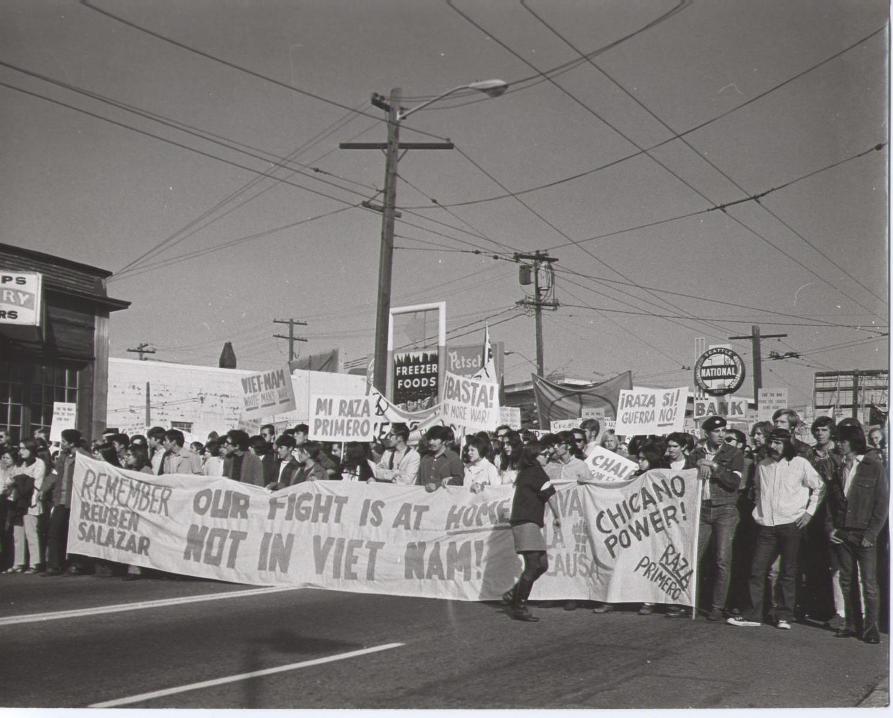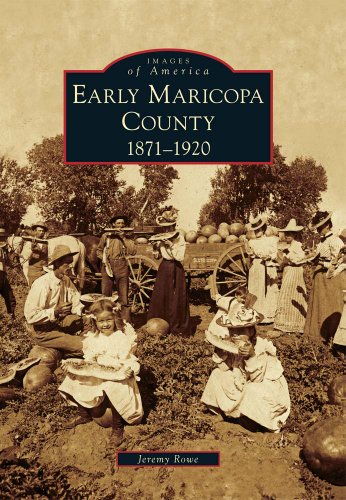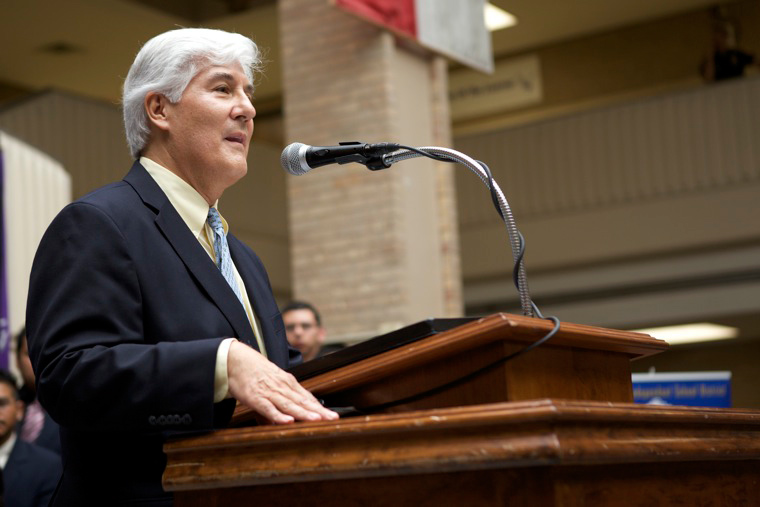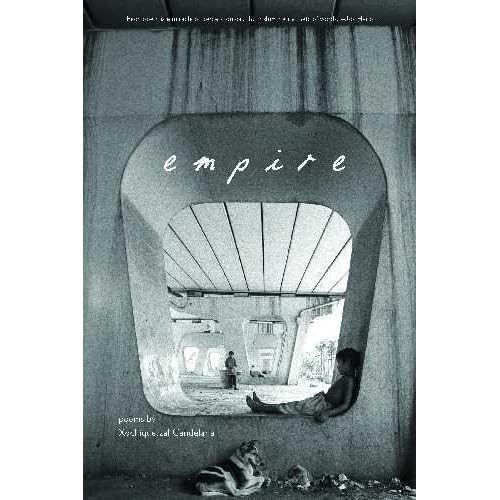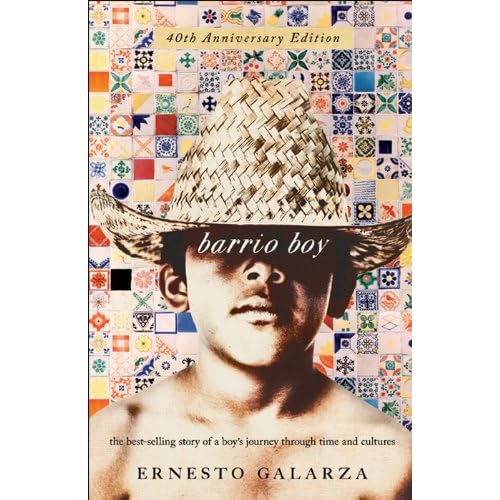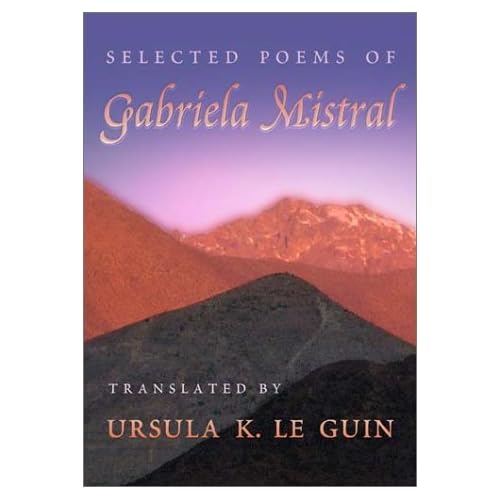I'm working on the El Paso Writers Update folks, so hopefully I can post it tomorrow (Sat.).
Meanwhile, for your humor:
Share
Dear NPR:
My brother-in- law told me about this in our initial run in with Gaddafi in the 1980s, "the press does not know how to spell his name." Who's right?: BBC says "Gaddafi," NPR says "Gadhafi," USAToday says "Gadhafi"; Washington Post says "Gaddafi"; La Jornada says "Kadafi"; Associated Press says "Gadhafi"; New York Times says "Qaddafi". I though it might be a UK English vs. US English, but apparently not.
Sincerely,
Raymundo Eli Rojas
--------------------------
Response to Message #251463:
Dear Raymundo,
We are grateful for your comments to NPR News. Your feedback is important to us, and your thoughts have been noted. As we know it there are about 112 spellings of his name. NPR usually follows the Washington Post when there are spellings variations of proper names. However, the Washington Post changed their choice for Gadhafi a few years ago, but NPR decided not to match and stayed with the spelling orginally spelling.
Here is also another reason NPR uses the particular spelling:
NPR is always delighted to hear from listeners.
Thank you for listening, and for your continued support of public broadcasting. For the latest news and information, visit NPR.org.
Sincerely,
Andrea
NPR Services
202-513-3232
www.npr.org
Meanwhile, for your humor:
Share
Dear NPR:
My brother-in- law told me about this in our initial run in with Gaddafi in the 1980s, "the press does not know how to spell his name." Who's right?: BBC says "Gaddafi," NPR says "Gadhafi," USAToday says "Gadhafi"; Washington Post says "Gaddafi"; La Jornada says "Kadafi"; Associated Press says "Gadhafi"; New York Times says "Qaddafi". I though it might be a UK English vs. US English, but apparently not.
Sincerely,
Raymundo Eli Rojas
--------------------------
Response to Message #251463:
Dear Raymundo,
Thank you for contacting NPR.
Here is also another reason NPR uses the particular spelling:
The Associated Press
May 16, 1986, Friday, PM cycle
Minnesota Second-Graders Get Letter from Khadafy
SECTION: Domestic News
LENGTH: 484 words
DATELINE: ST. PAUL, Minn.
Youngsters who wrote to Moammar Khadafy as part of a class project have gotten a reply in which the Libyan leader condemned last month's U.S. bombing and said President Reagan "should be toppled and tried.""He told us stuff about President Reagan and how he doesn't like him," was the way Jestin Tyler, 8, described the letter that he and other second-graders at Maxfield Magnet School received Thursday.
In his letter to Khadafy, Jimmy Xiong had written: "Dear Col. Khadfy, I am so sorry that your little daughter died and can I ask you a favor? Could you stop bombing us, OK? And we'll stop bombing you.""Dear Col. Khadafy, Why are you bombing the U.S.A.? Can't you think of a better way to solve the problem? Well I can... Write letters!", wrote Daniel Barbosa.
The class also wrote to President Reagan, but has yet to receive a reply, teacher Jill Swanson told the St. Paul Pioneer Press and Dispatch.
"I would expect we would hear from the president," said Ms. Swanson. "I would hope we would get something more personal from him.""Dear President Reagan, Hi," wrote Leslie Garrett. "I have an idea instead of Libya and our state bombing each other, you and Col Khadafy can set up a time and day to talk to each other about it. So if you don't take my idea, I hope you figure out some way without hurting or fighting."Khadafy's typewritten letter was on white paper trimmed in green and decorated with Libyan political slogans written in Arabic, French and English. The grammar and spelling were imperfect. It was signed in Arabic script over Khadafy's typed name: Colonel Moammar El-Gadhafi.
"Dear freind," the letter said, "We received your kind letter in which you condemned the american barbarian aggression against our country and our people. We appreciate your deeply feelings towards us."The letter went on to praise Libyan bombing victims as "martyrs for the cause of Allah," and urge that "children murders Reagan and (British Prime Minister Margaret) Thatcher should be toppled and tried."The letter defended Arab unity and Palestinian liberation and disavowed responsibility for terrorist actions in Europe and the Middle East.
The students' letter-writing project was started the day after the April 14 air raid.
"A lot of the kids were talking about it, wondering what we could do besides more bombing," said Ms. Swanson, a 10-year teaching veteran. "Whenever a child wants to know what's going on in the world, I try to capitalize on it." So the class fired off letters to the men in charge, Reagan and Khadafy.
Ms. Swanson sent letters to Reagan via U.S. Sen. Dave Durenberger, asking that he forward them to the president. In a reply dated May 2, Durenberger said he has encouraged Reagan to respond.
The letters for Khadafy were mailed to an address in the Libyan capital of Tripoli. "I just called the public library and asked for his address," Ms. Swanson saidNPR is always delighted to hear from listeners.
Thank you for listening, and for your continued support of public broadcasting. For the latest news and information, visit NPR.org.
Sincerely,
Andrea
NPR Services
202-513-3232
www.npr.org



